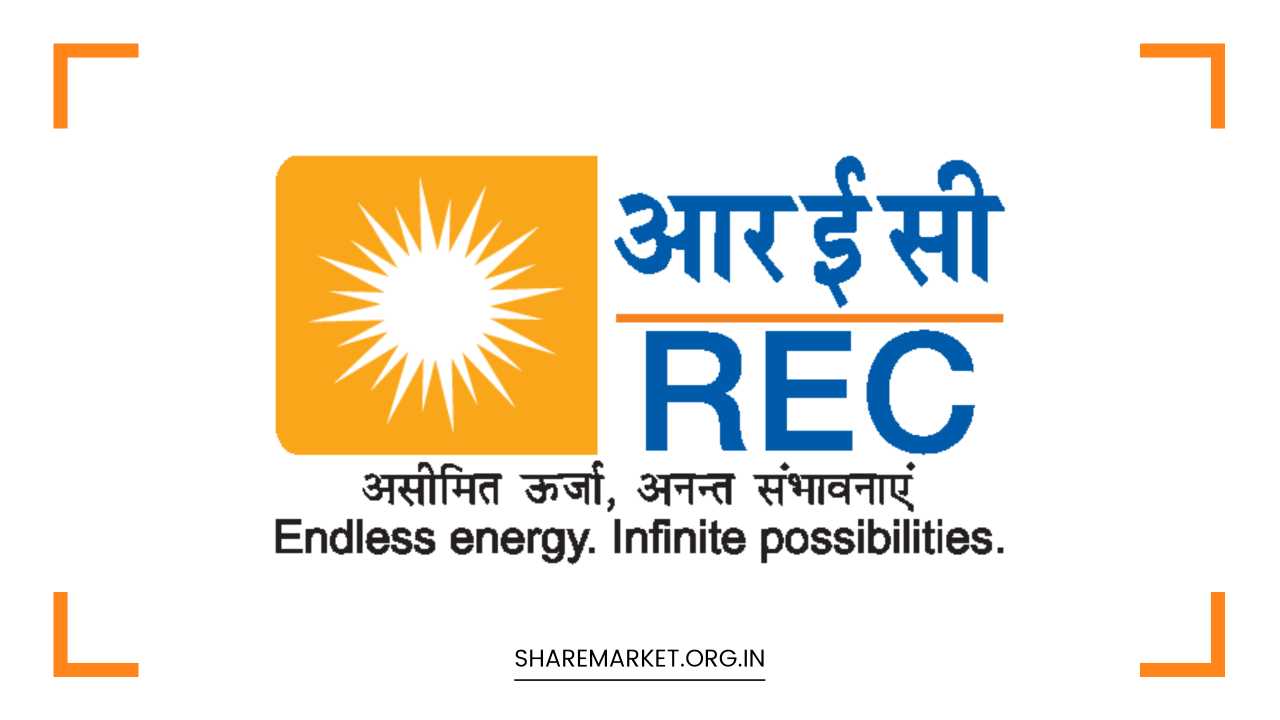Multibagger Stock: REC Ltd

REC Ltd
Rural Electrification Corporation Gears Up for Accelerated Growth: A Deeper Dive
Rural Electrification Corporation (REC), a prominent government-owned enterprise under the Ministry of Power, is charting an ambitious course for the future.
As per a recent communication to the stock exchanges on March 27th, 2024, REC has set a borrowing target of Rs 1.6 lakh crore for the financial year 2025 (FY 2025).
This marks a significant hike compared to the previously revised target of Rs 1.5 lakh crore for FY 2024, which itself was an upward revision from the initial plan of Rs 1.2 lakh crore.
Decoding the Borrowing Plan:
- Debt Through Domestic Bonds/Debentures: The core of REC’s borrowing strategy lies in raising Rs 1.45 lakh crore through domestic bonds or debentures. These instruments offer long-term financing at stable interest rates, aligning well with REC’s long-term investment needs in the power sector.
- Short-Term Loans for Flexibility: To address short-term funding requirements and ensure operational flexibility, REC plans to borrow Rs 5,000 crore through short-term loans from banks, financial institutions, and NBFCs. This allows REC to capitalize on favorable interest rates in the short-term money market.
- Commercial Paper for Bridging the Gap: REC intends to bridge the remaining gap of Rs 10,000 crore by issuing commercial paper. These are unsecured short-term debt instruments that typically have maturities ranging from a few days to a three months. This provides REC with quick access to funds to meet its immediate funding needs.
Strategic Timing: Capitalizing on New Role
The increased borrowing target coincides with REC’s recent designation as the nodal agency for India’s renewable energy sector in 2024.
This pivotal role places REC at the forefront of driving India’s clean energy transition. The additional funds will likely be directed towards financing renewable energy projects across the country, which are expected to witness significant growth in the coming years.
Market Performance: A Mixed Bag
REC’s stock price experienced a slight dip of 3% on March 27th, 2024, closing at Rs 447.8. However, this short-term fluctuation shouldn’t overshadow the stock’s impressive performance over the past year.
REC has delivered exceptional multibagger returns of 292.46% to its investors, showcasing strong investor confidence in the company’s future prospects.
While the stock is currently trading around 15% below its 52-week high of Rs 524, its year-on-year growth trajectory remains commendable.
It’s noteworthy that REC was the champion performer on the Nifty PSE index in 2023, generating outstanding returns exceeding 250%. This indicates the market’s recognition of REC’s potential as a key player in India’s power sector development.
Rewarding Shareholders: Commitment to Dividends
REC’s commitment to shareholder value is evident in its consistent dividend payouts. The company recently announced a third interim dividend of Rs 4.5 per share for the financial year 2023-24, adding to the two previous dividend announcements totaling Rs 6.5 per share.
This commitment to returning profits to shareholders strengthens investor confidence and reinforces REC’s position as an attractive investment option.
The record date for the latest dividend has been set as March 28th, 2024, with eligible shareholders receiving the payout on or before April 17th, 2024.
A Look at REC’s Strengths
- Government Backing: As a Navratna CPSE under the Ministry of Power, REC enjoys the support and credibility of the Indian government. This translates to greater financial stability and easier access to resources.
- Strong Track Record: REC has a proven track record of success in financing rural electrification projects across India. This experience positions them well to capitalize on the growing demand for renewable energy infrastructure.
- Diversified Funding Strategy: The strategic mix of long-term debt, short-term loans, and commercial paper issuances provides REC with a well-rounded funding strategy, ensuring access to capital at different costs and maturities.
Potential Challenges and Future Outlook
While REC’s future appears promising, there are a few challenges to consider:
- Interest Rate Fluctuations: Rising interest rates could increase REC’s borrowing costs, impacting profitability.
- Renewable Energy Project Risks: The success of REC’s renewable energy push will depend on the viability and timely completion of these projects.
- Competition: The Indian power sector is witnessing increasing competition from private players. REC will need to adapt its strategies to maintain its market leadership.
Despite these challenges, REC’s strong financial position, government backing, and diversified funding approach position it well to navigate these hurdles. Here’s how we can expand on the future outlook:
Opportunities for Growth:
- Renewable Energy Boom: India’s ambitious renewable energy targets present a significant opportunity for REC. By leveraging its expertise and new role as nodal agency, REC can become a leader in financing and developing renewable energy projects.
- Rural Electrification Focus: Continued focus on rural electrification remains a key priority for the Indian government. REC can play a crucial role in bridging the electricity gap in rural areas by financing grid extension and off-grid renewable energy solutions.
- Technological Advancements: New technologies like battery storage and smart grids can revolutionize the power sector. REC can support the adoption of these technologies by providing innovative financing solutions.
- Global Expansion: As India becomes a global leader in renewable energy, REC can explore opportunities to extend its expertise and financing capabilities to other developing countries.
Building a Sustainable Future:
REC’s increased borrowing and focus on renewable energy signifies a positive shift towards a sustainable future for India’s power sector.
By financing clean energy projects, REC can contribute to reducing India’s carbon footprint and mitigating the impacts of climate change. Additionally, promoting energy access in rural areas can empower communities and drive economic growth.
Investor Considerations:
The increased borrowing plan reflects REC’s ambitious growth strategy. However, investors should carefully consider the potential risks associated with rising interest rates and project execution challenges in the renewable energy sector.
Continued monitoring of the company’s financial performance, project progress, and the overall market environment will be crucial for informed investment decisions.
Final Remarks:
Rural Electrification Corporation (REC) is poised for a period of significant growth. Its recent designation as the nodal agency for renewable energy, coupled with its increased borrowing target, indicates a strategic shift towards driving India’s clean energy transition.
REC’s strong financial performance, government backing, and diversified funding strategy position it well to capitalize on the vast opportunities in the renewable energy sector.
While challenges exist, REC’s commitment to innovation and sustainability paves the way for a bright future. Investors seeking exposure to India’s growing power sector should closely monitor REC’s progress as it embarks on this exciting new chapter.

















